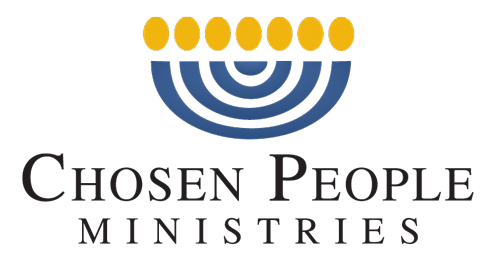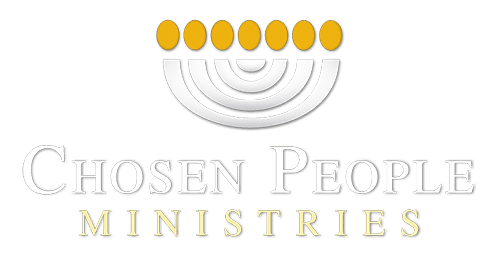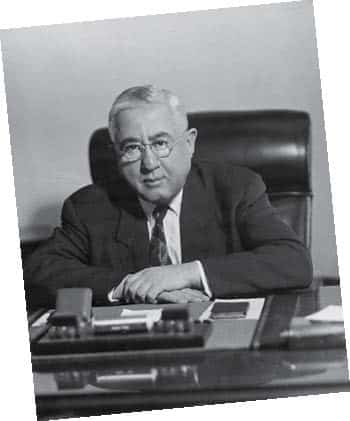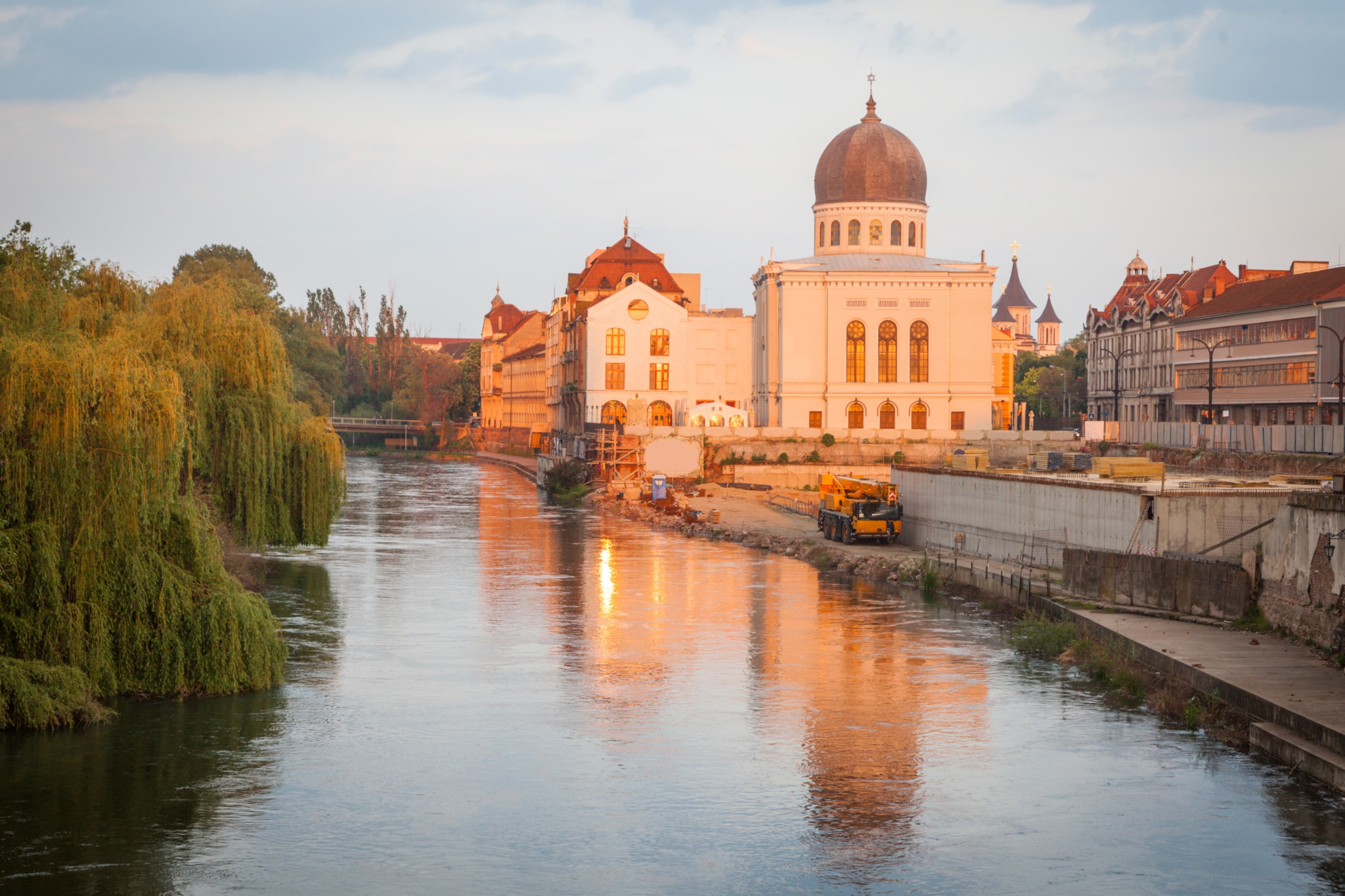Joseph Cohn was especially fond of Isaac Feinstein, who led the Norwegian Israelite Mission work in Jassy, Romania, before the Nazi invasion. Cohn visited with Feinstein before the war and tried to persuade him and his family to leave Europe:
It was the summer of 1938. We were walking together on the Buda side of the Danube at Budapest. My companion was Isaac Feinstein, a beloved young Jewish brother who was then stationed at Galatz in Romania, about 200 miles farther east than Budapest, and was carrying on a faithful and brilliant testimony for the Lord Jesus Christ under the support of some Christian brethren in Norway. I coveted this young man and his talents for our work here in the States.
Every time I looked into his face I could not help thinking of Nathaniel of old, the Israelite in whom our Lord found no guile. His eyes burned with the explosiveness of impassioned zeal. He had the perfect background for a marvelous ministry to the Jews of New York City. He was young, he was steeped in all the Hebrew lore as on his way he was a master in Israel and could speak to his Jewish compatriots with authority. So I turned to him suddenly and asked him if he would leave Romania, take his wife and six children and come to America and join our staff.
I pointed out to him the imminent dangers developing in Europe and brutal thoughts of Nazism and asked him to ponder and to pray seriously over the question as to whether the Lord would not have him leave these lands of horror and come to America for a greatly enlarged field of service and testimony.
He was overwhelmed for a moment, but soon recovered his poise and told me frankly with affection and emotion how grateful he was for this compliment. But that he felt it would be an act of cowardice to leave his post in the face of threatened dangers. He felt that Nazis or no Nazis, it was his duty to stay at his post. There were so many of his Jewish brethren in Galatz who were depending on him for spiritual comfort and leadership that he would feel all his life the terrible shame of having deserted them in the hour of their need. So, we parted, and my last words to him then were that if ever the time came that he found himself compelled to leave Romania, he should take the first boat to New York and report to our office.2
Cohn continued,
Came the war, one by one the Nazi beasts took captive country after country. And soon Romania fell victim and the Nazis stormed over the land like the lice in Egypt. And to Galatz they came, spreading cruelties and death on every side. They seized this young brother, who had done them no harm but was a faithful servant to the Lord Jesus Christ. They tied him to a stake and then for days they tortured him. His tongue hung out of his mouth in desperate body-torturing thirst, but never was he shown one shred of mercy or decency. Finally, he died from sheer torture and exhaustion.
Cohn printed a letter from Isaac’s wife, Esther, in the Chosen People magazine in which she thanked him and Chosen People Ministries for their support. She also provided insight regarding her continued ministry among the refugees and the plight of the survivors in general:
This week I had the great joy to receive a letter from you, though with the date January 14, 1944, so it is just a year ago.
I cannot tell you how thankful I am for your help which I had never expected, and which came in such a wonderful way to us. I really see that the Lord sent it and I take it from his hand praising him. Of course, I had heard of you through my dear husband, but I shouldn’t have thought to ask your help. It was Richard (Wurmbrand) who wanted me to do it. How glad I should be to have news from our friends there, but what a terrible time they must have gone through. I am looking forward very much to seeing you when you will come to Europe. I shall have lots to tell you.
Somehow, I feel that you are a sort of a father for my little orphans and I am so happy that you take an interest in them. For the present I am working among Jewish refugee children and am trying to be a mother to those poor dear ones who lost so much. My own children are well, living with friends, except my six- year-old, little Gabrielle, was not healthy like the others and must be looked after in a special home. I use part of the money to pay her board. I ask the Lord to bless for all you do and have done for us.3
Cohn wrote of the ministry’s continued concern for the wife and children of the martyred Feinstein. He also shared with us his expectations for post-war ministry among the survivors.
His widow with her six children escaped to Switzerland, and like the woman in the wilderness of Revelation, it is our privilege to nurture her as we send each month, through your generosity, $100 that she may have food for herself and her children. This is only a sample of what will await us once the war is finished and we are told to go across and minister to these, His disciples.4







